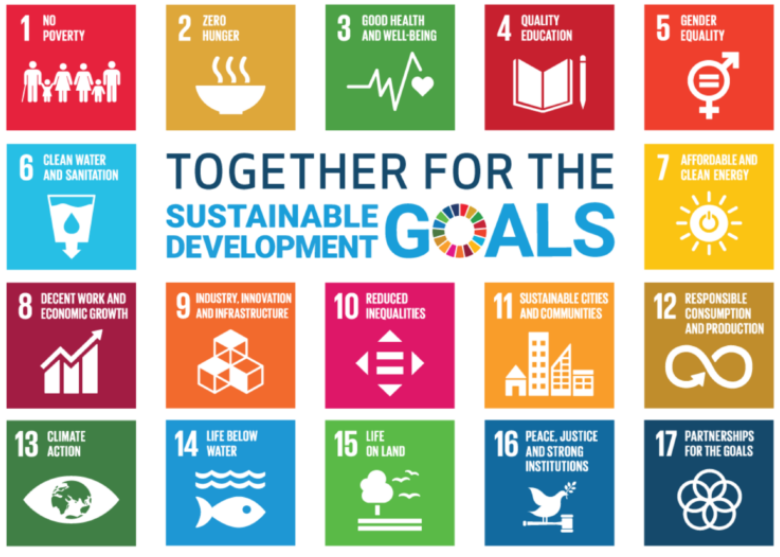Aim and Scope
Aims
Jurnal Vokasi Informatika (JAVIT) is an international, peer-reviewed journal committed to advancing the field of vocational informatics and computer engineering education. The journal provides a forum for academics, researchers, practitioners, and students to publish high-quality research, development studies, and best practices in the use of information and communication technology (ICT) in vocational education.
The journal aims to promote innovation, knowledge exchange, and the integration of technology to support the achievement of the Sustainable Development Goals (SDGs), particularly in education, industry, and innovation.
Scope
This journal welcomes contributions from anyone who wishes to report on new developments within the following fields:
Informatics and Computer Engineering Education
Research on curriculum design, teaching strategies, educational assessment, and competency-based learning in vocational and higher education related to informatics and engineering.
ICT-Based Learning Models
Models of technology-integrated learning such as blended learning, flipped classrooms, and online learning platforms aimed at improving learning effectiveness and accessibility.
Multimedia
Development and application of multimedia systems for educational purposes, including interactive content, game-based learning, virtual and augmented reality, and visual communication.
IT-Based Learning Media Development
Design and evaluation of digital learning media such as simulations, e-learning modules, educational apps, and digital teaching aids that support student engagement and comprehension.
Information Systems
Development and analysis of academic, institutional, or industrial information systems, including system design, data processing, usability studies, and user-centered development.
Mobile Technology
Application of mobile devices and systems in education and training, including m-learning, mobile content delivery, and mobile platform development.
Databases, Data Mining, and Data Warehousing
Topics including database design, big data analysis, data warehousing architecture, machine learning for pattern discovery, and applied data science in education or vocational contexts.
Algorithms, Models, Simulations, and Their Implementation
Research on computational algorithms, system modeling, and simulation techniques used in decision-making, training systems, and educational environments.
Networks and Wireless Technology
Network architecture, wireless communication, Internet of Things (IoT), and networking protocols that support smart learning environments and system integration.
Global Alignment
To ensure that the research published in Jurnal Vokasi Informatika (JAVIT) aligns with internationally recognized academic standards and contributes to solving global challenges, the journal aligns its thematic coverage with the SCOPUS All Science Journal Classification (ASJC) and the United Nations Sustainable Development Goals (SDGs).
Alignment with SCOPUS ASJC (All Science Journal Classification) System
| Subject Area | Subject Area Classification | Code | ASJC Category |
|---|---|---|---|
| Physical Sciences | Computer Science Applications | 1706 | Computer Science Applications |
| Physical Sciences | Artificial Intelligence | 1702 | Artificial Intelligence |
| Physical Sciences | Computer Vision and Pattern Recognition | 1707 | Computer Vision and Pattern Recognition |
| Physical Sciences | General Computer Science | 1700 | General Computer Science |
| Physical Sciences | Computer Networks and Communications | 1705 | Computer Networks and Communications |
| Physical Sciences | Human–Computer Interaction | 1709 | Human–Computer Interaction |
| Physical Sciences | Information Systems | 1710 | Information Systems |
| Physical Sciences | Software | 1712 | Software |
| Social Sciences | Education | 3304 | Education |
Alignment with the United Nations Sustainable Development Goals (SDGs)
| UN SDGs Number | Sustainable Development Goal | Relevance to the Journal |
|---|---|---|
| SDG 3 | Good Health and Well-being | Contributions to digital health education, telemedicine systems, and simulation-based learning for health-related fields. |
| SDG 4 | Quality Education | Focus on improving educational access and quality through ICT integration, digital media, and innovative learning models. |
| SDG 8 | Decent Work and Economic Growth | Supports development of vocational skills, digital literacy, and IT-based entrepreneurship for workforce readiness. |
| SDG 9 | Industry, Innovation, and Infrastructure | Promotes research on smart technologies, digital systems, and innovation for strengthening educational and digital infrastructure. |
| SDG 11 | Sustainable Cities and Communities | Through ICT and IoT-based learning applications, the journal supports the development of smart communities and services. |
| SDG 12 | Responsible Consumption and Production | Encourages optimization and efficiency in system design and learning media to support sustainable practices. |
| SDG 13 | Climate Action | Advances in ICT and data modeling contribute to environmental awareness, monitoring, and climate-related education tools. |
| SDG 17 | Partnerships for the Goals | Fosters interdisciplinary and international collaboration in research, particularly in vocational and digital education. |










